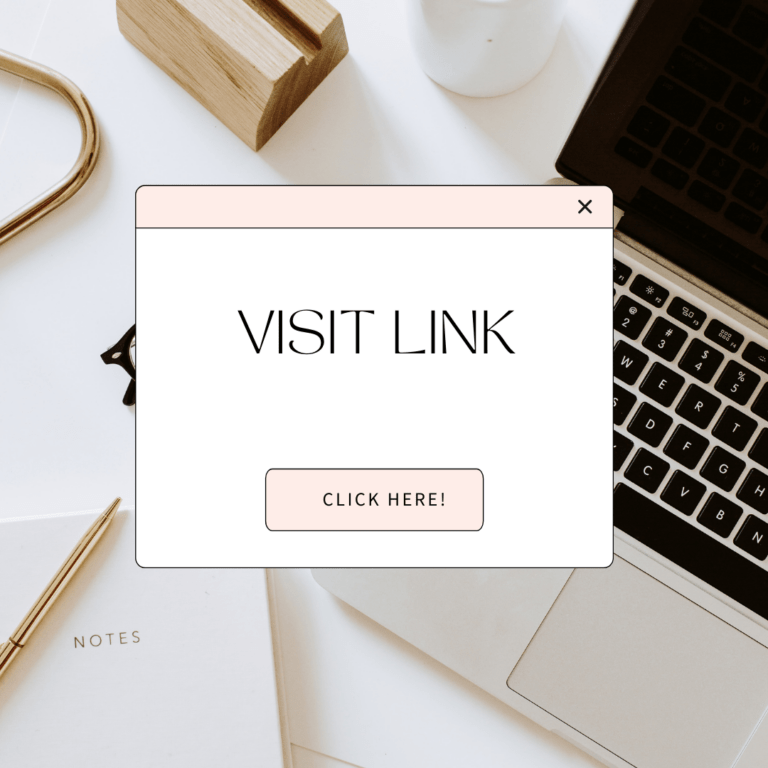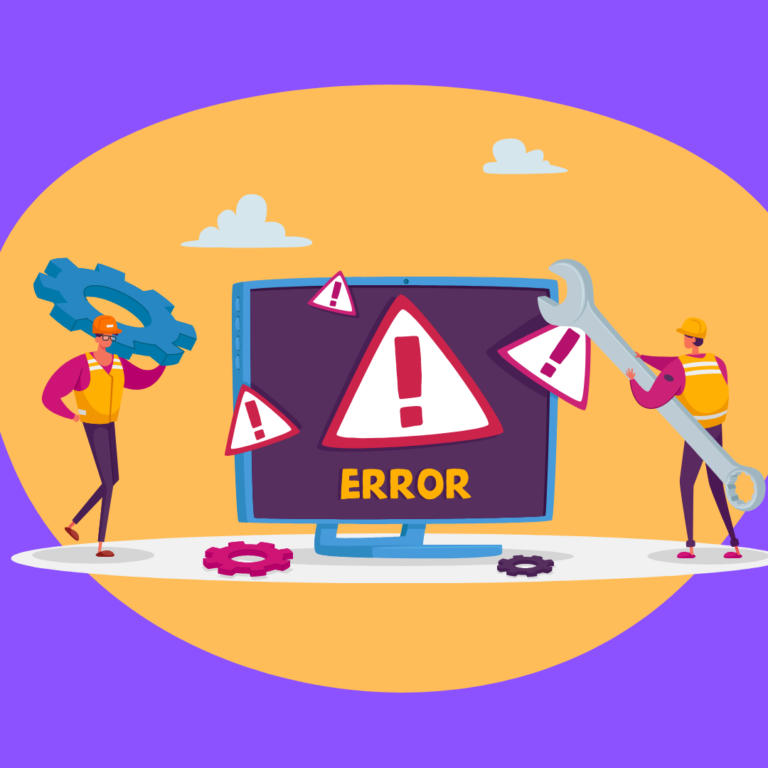Cyber Security Dos & Don'ts
There is a possibility that ensuring one's own safety is not as easy as it formerly was. We are confronted with cybersecurity risks on a daily basis. The number of organizations that are victims of hacking attempts and other forms of cybercrime is growing; these attacks are also becoming more sophisticated, which poses a very serious risk to enterprises. Are you ready to face the challenge of dealing with computer hackers?
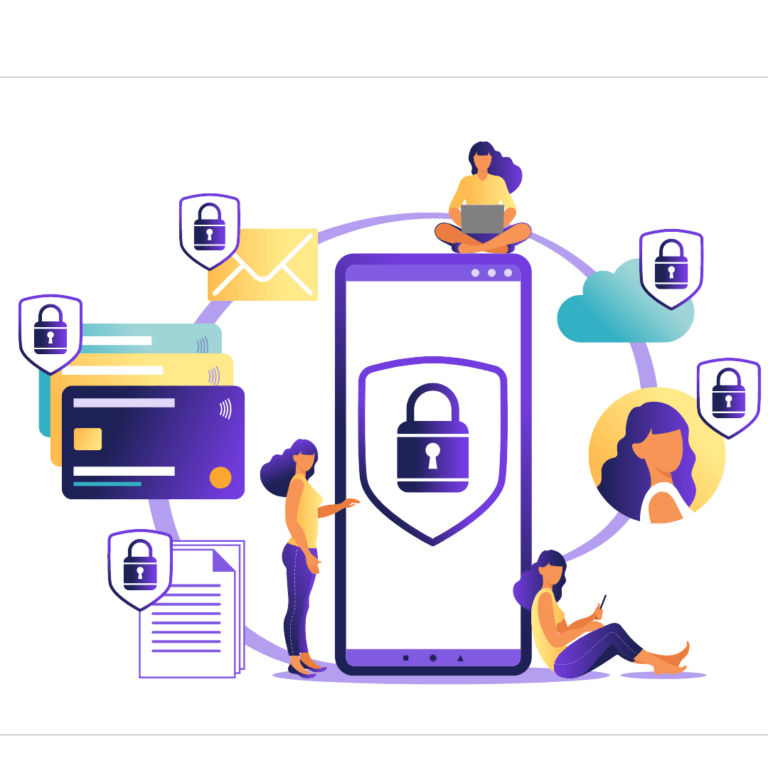
Advice From Us Regarding Cybersecurity
To support you in your goal of avoiding becoming a victim of crimes committed through computers;
Office 365 Security and Backup
Office 365 is an excellent business tool; many of our customers are now utilising it to manage document storage and collaboration, as well as to integrate new systems and provide email services. Because it is so effective, it has become the default method for sending emails.
Office 365 has turned into a common target for malicious actors on the internet due to its widespread adoption. Unfortunately, right out of the box, Office 365 contains a few security weaknesses that need to be fixed. The upbeat news is that it is possible to "harden" it, making it more challenging for con artists to take advantage of.

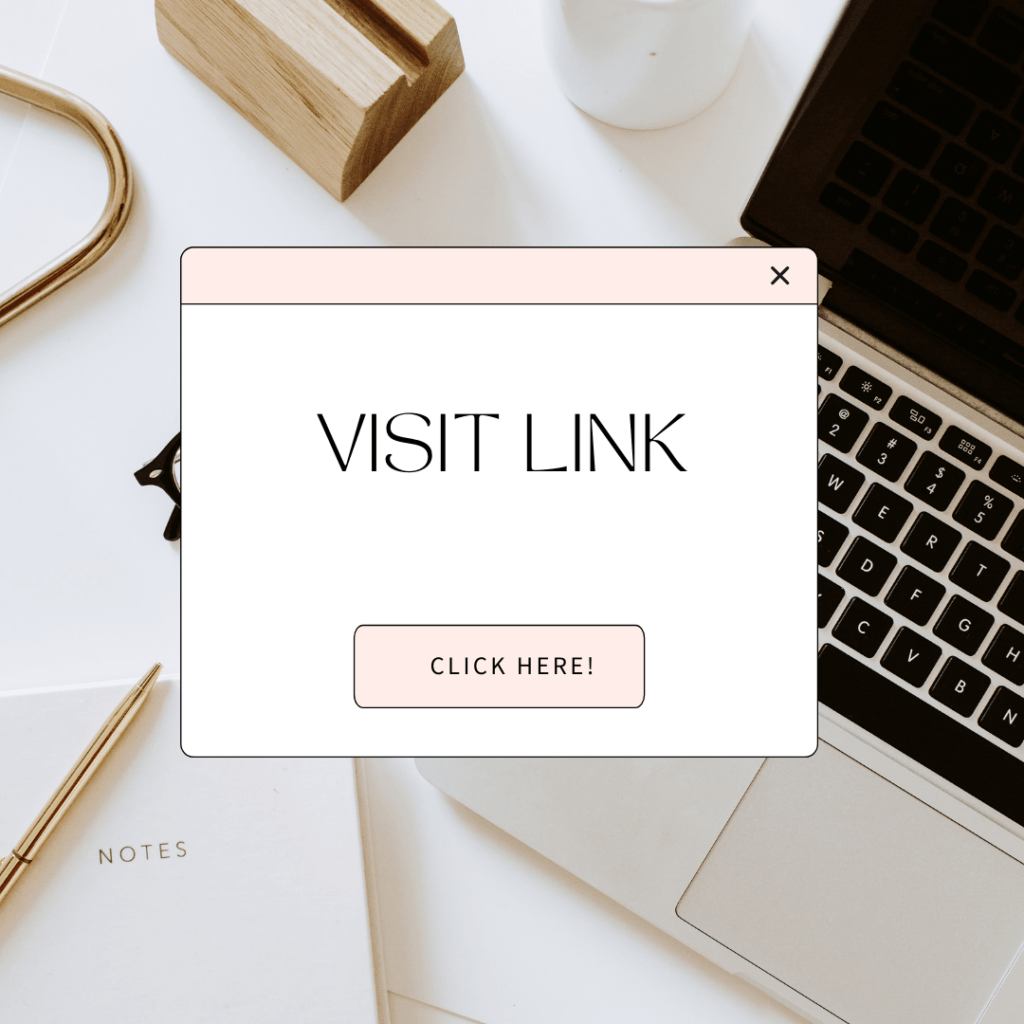
Avoid this site at all costs.
It is not necessary for you to click on the link contained in an email if you were not anticipating receiving such a link. Simply clicking on a link can result in a number of unanticipated occurrences, including ransomware, which encrypts all of your data, and virus infections, which offer thieves keyless access to your surroundings. Both of these events can be caused by malicious software.
Be aware of email messages that contain emotionally charged material like "Letter of Resignation" or "Reality of Redundant Systems," as the purpose of these communications is to get you to take action before you have the chance to think it through. Investigate the links between the events. When you move your mouse pointer over a link (HOWEVER, DO NOT Intentionally Click on It.), the actual address to which you will be accepted is displayed.
Even if it does not really MATCH, there is no requirement to pick it as the answer.
Don't share private info.
Under no circumstances should you react to emails or phone calls asking for highly classified information. A liar or con artist can easily find out who works at a company (all of the information is available on Companies House, LinkedIn, Facebook, and a variety of other social media sites), and then use that information to their advantage by pretending to be a worker, supervisor, or financial adviser in order to gather information. This is possible because all of the information is readily available online. They are able to sway others in their decision. This information will be used to facilitate an attempt to commit fraud on you.
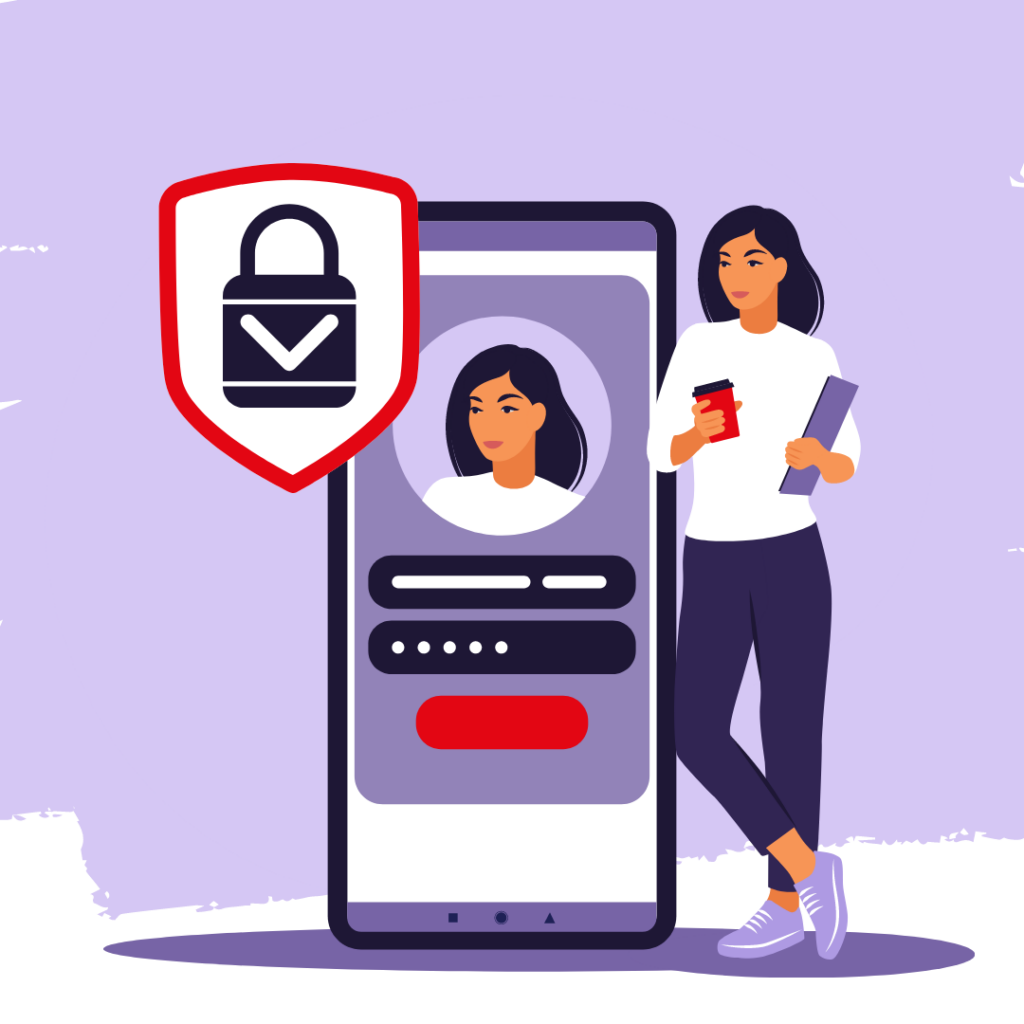
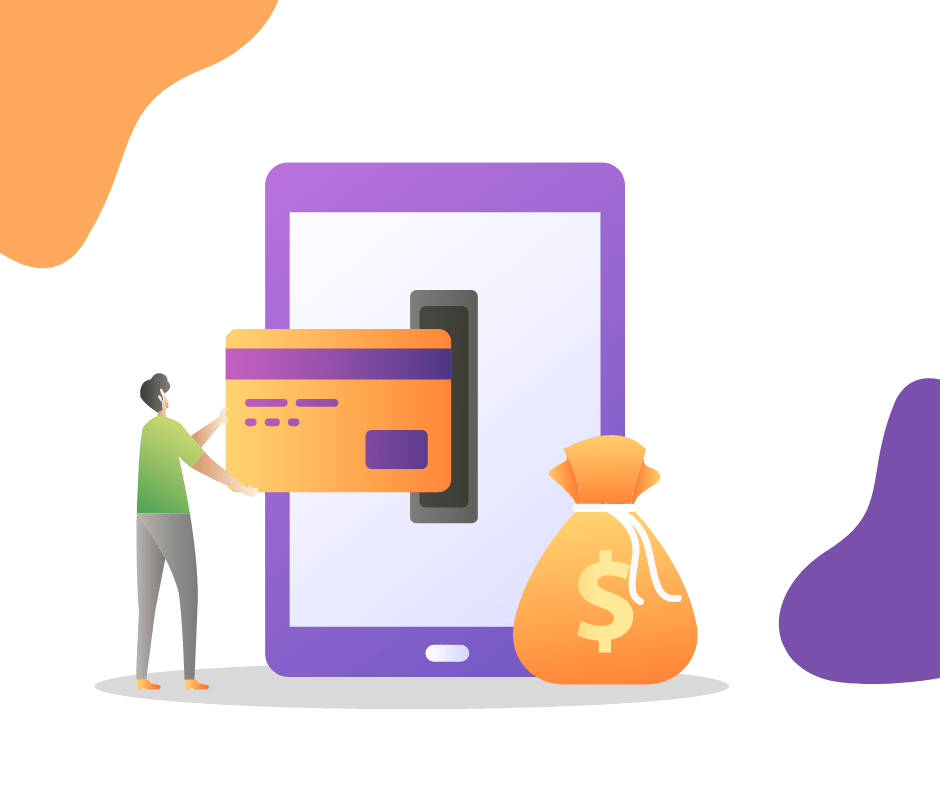
Never, ever pay a bill that is based on the contents of an electronic mail.
If you have an account with a website that has been hacked (like Facebook and Instagram, Adobe, Dropbox, and the list goes on...), the information that you supply to others, such as your password, is available to criminals. This includes the ability to access your account. If you have an account with a website that has been hacked (like Facebook and Instagram, Adobe and Dropbox, and the list goes on...), the information that you supply to others, such as your password, is available to thieves. This includes the ability to access your account. Never Assume It's Someone Else's Email.
Passcodes
Do not store a folder on your desktop or in your email with all of your passcodes; if you have a hole in your system, you will have simply given an unlawful direct exposure to practically everything. It is imperative that you keep in mind that you should not attempt to write them down and should never leave them unlocked on your workstation or in your toolbox. No matter how a criminal was able to decipher it, a password is still extremely beneficial to them.
At least eight different characters must be used for your passcode. Try using a sentence instead; these seem to be both simpler to remember and more secure (for example, "Myfsetvbuyfg8yistrationwasKY60RXY").
Additionally, it's best not to use the same password for everything... Moreover, if at all feasible, make advantage of the Multi-Factor Authentication (MFA) system, which requires both something you are aware of and something you are emotionally invested in.
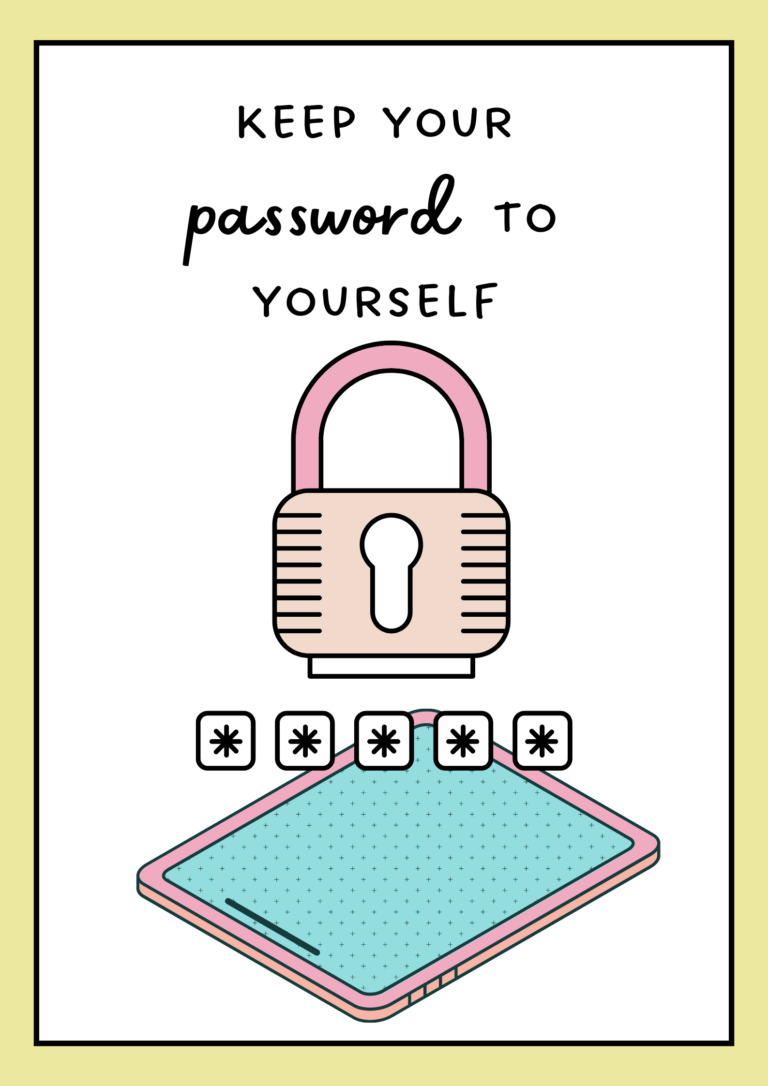
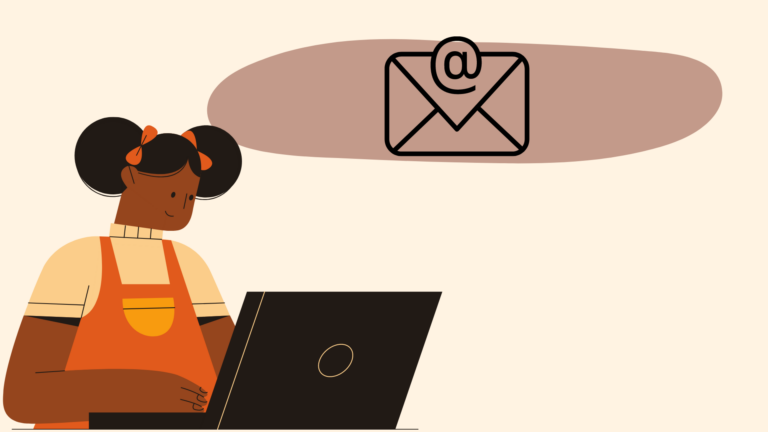
Investigate the email address used.
One illustration of a "poor" parody may be found to the right. Because of the website URL, you can determine that it is not genuine; yet, the recipient's name looks to be Subway Bank... Some con artists use email addresses that are quite similar to one another; simply double this number by two if the email requests that you click on a link or grant access to a document. Think about the websites www.Mycompany.co.uk and www.Mycompany.co.uk. These belong to the same company. You have undoubtedly seen that they have maintained their individuality. In the workplace, the letter M has been swapped out for a "L" in lowercase... They give the impression of being like that at first look.
It is necessary to handle peripheral devices in order to prevent.
You should not connect any personal devices to your desktop computer, including flash drives, music players, or mobile phones, unless you have first had the items reviewed.
If you are helping to bring in an external source from a personal computer that may not be as secure as your work computer, these devices could be infected with code that would be executed as soon as you connected them to a computer. This is especially true if you are connecting them from a personal computer.
